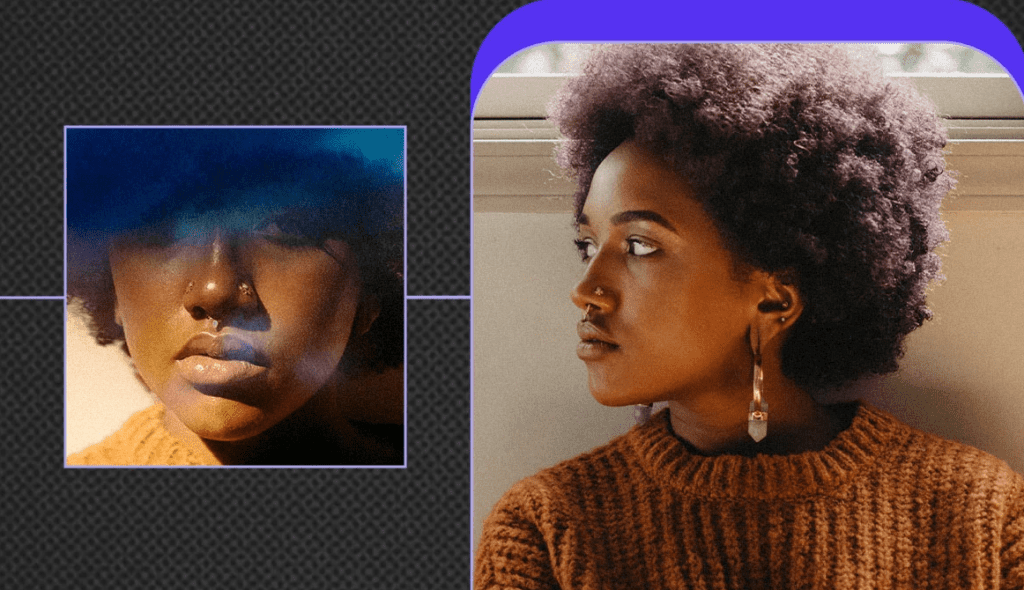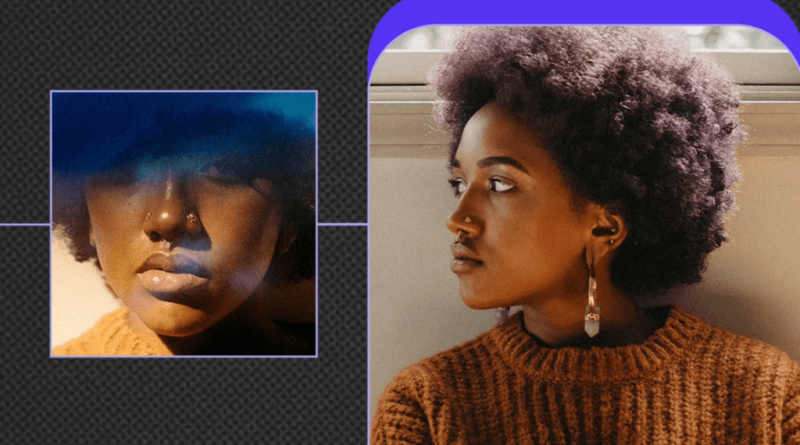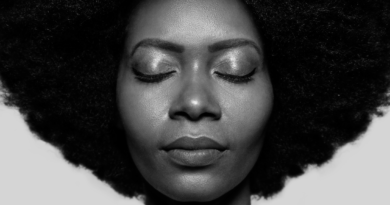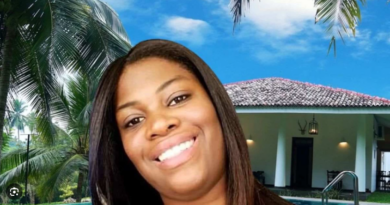It’s Okay Not To Be Okay ~ Confronting Mental Illness
We must understand that it is okay not to be okay; confronting mental illness must become a priority in our homes and communities. Mental health has always been a topic that is widely discussed, yet it is still a subject that is surrounded by stigma and misconceptions. People often associate mental health issues with weakness or shame, which can lead to individuals feeling reluctant to seek help or support. However, it is essential to recognize that it’s okay not to be okay and to take steps to manage our mental health.

There are several ways to manage our mental health, and the first step is to acknowledge that we are not alone. According to the World Health Organization (WHO), one in four people in the world will be affected by mental or neurological disorders at some point in their lives. It’s crucial to understand that mental health problems are common, and seeking help is a sign of strength, not weakness.
The second step is to recognize the signs and symptoms of mental health issues. These can range from feeling anxious or stressed to experiencing low mood, lack of motivation, or even suicidal thoughts. Recognizing these symptoms and seeking help can prevent the condition from worsening and help us manage our mental health.
Get your signed copy of Marion Wallace’s book, Ghettos Forgotten Daughters!
One way to manage our mental health is to practice self-care. Self-care involves taking steps to improve our physical, emotional, and mental well-being. This could include eating a healthy diet, getting enough sleep, engaging in regular physical activity, and practicing mindfulness or meditation. It’s essential to prioritize self-care activities and make them a part of our daily routine.
Another way to manage our mental health is to seek support from others. This could involve talking to friends or family members, joining a support group, or seeking professional help from a mental health provider. It’s essential to find a support system that works for us and to seek help when we need it.
It’s also important to set realistic goals and expectations for ourselves. It’s okay to acknowledge our limitations and focus on achievable goals. Setting unrealistic expectations can lead to feelings of failure and disappointment, which can have a negative impact on our mental health.
Finally, it’s essential to take breaks and engage in activities that bring us joy and relaxation. This could include hobbies, spending time with loved ones, or simply taking a walk in nature. Taking breaks and engaging in enjoyable activities can help reduce stress and improve our mental health.
Depression In Black Women ~ A Critical Conversation

Depression is a common mental health condition that affects millions of people worldwide. However, it is important to recognize that depression can manifest differently in different populations, and one population that experiences depression in a unique way is Black women.
According to the National Institute of Mental Health, Black women are more likely to experience major depression than other racial and ethnic groups. This can be attributed to several factors, including discrimination, racism, and socioeconomic disparities. Black women may also face additional stressors, such as the pressure to conform to societal beauty standards and the responsibilities of caring for family members.
One significant barrier to receiving proper mental health care is the stigma surrounding mental illness in the Black community. Many Black women may feel ashamed or embarrassed to seek help, believing that seeking treatment for mental health issues is a sign of weakness. Additionally, Black women may encounter cultural barriers when trying to access mental health services, such as the lack of representation and cultural sensitivity among mental health providers.
It is crucial to address the stigma surrounding mental health in the Black community and to provide culturally sensitive mental health services that are accessible and affordable. Black women need access to mental health professionals who understand their experiences and can provide effective treatment.
There are several steps that Black women can take to manage their depression. It is important to prioritize self-care, including engaging in regular physical activity, eating a healthy diet, and getting enough sleep. Building a strong support system is also essential, including friends, family members, and mental health professionals. Practicing mindfulness, meditation, and other relaxation techniques can also help manage depression symptoms.
Depression is a significant issue among Black women, and addressing the unique challenges they face is essential for improving mental health outcomes. By breaking down the stigma surrounding mental illness in the Black community, providing culturally sensitive mental health services, and encouraging self-care and support, we can help Black women manage their depression effectively and improve their overall well-being.
Conclusion
In conclusion, it’s okay not to be okay, and managing our mental health is an essential part of our overall well-being. By recognizing the signs and symptoms of mental health issues, practicing self-care, seeking support from others, setting realistic goals, and taking breaks, we can take steps to manage our mental health effectively. Remember, seeking help is a sign of strength, and it’s never too late to prioritize our mental health.





